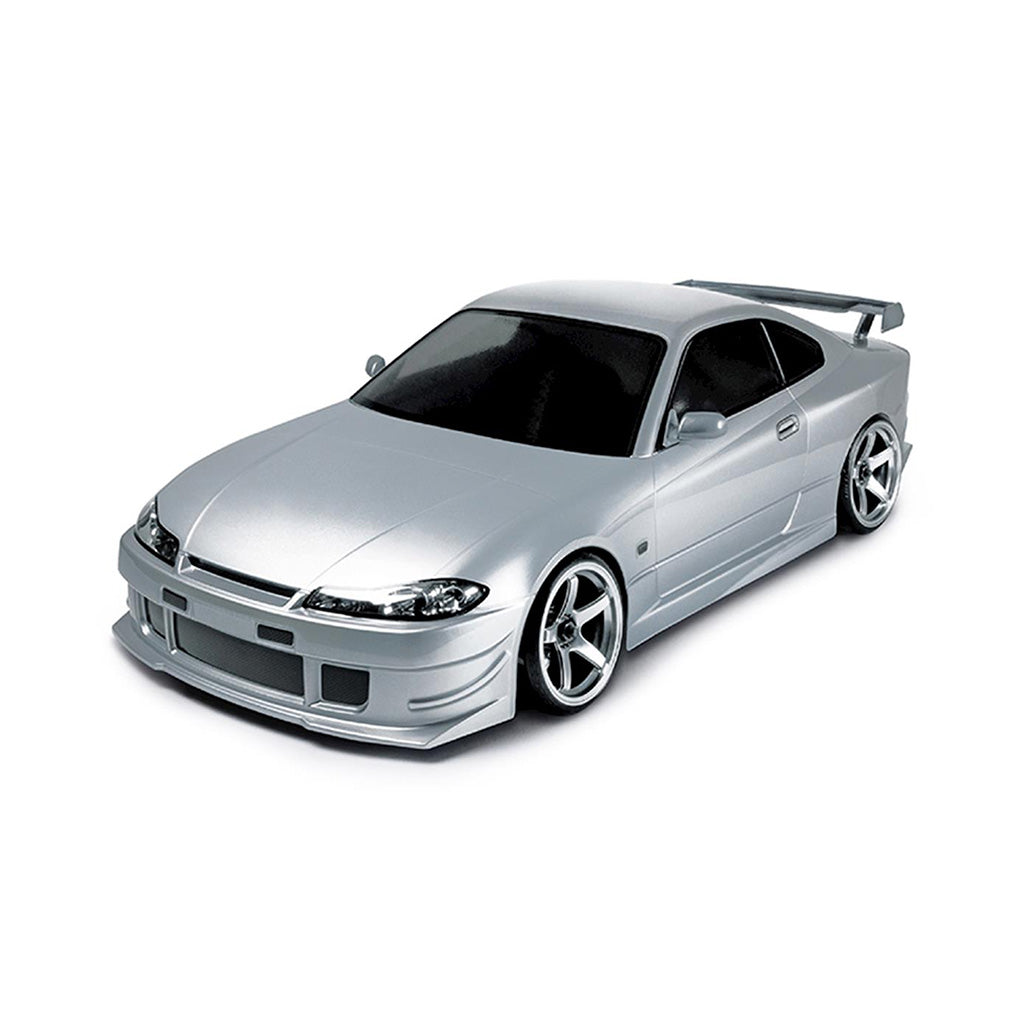Filters
27 products
Losi Micro-B 1/24 2WD RC Buggy, RTR - Black Friday Sale!
Sale priceFrom 169.99
Regular price209.99
5.0
Losi Mini-B 1/16 Brushless 2WD Buggy RTR (Brushless)
Sale price429.99
Losi Mini-B 1/16 2wd Buggy RTR, (Brushed)
Sale price277.95
Losi Mini T 2.0 Rtr 1/18 2Wd Stadium Truck - Brushed Motor
Sale price218.99
Regular price268.95
Losi Micro-T 1/28 2WD RC Stadium Truck, RTR, White
Sale price209.99
Regular price219.99
5.0
Losi Mini-B Pro 1/16 2wd Buggy, Rolling Chassis
Sale price259.99
Losi Mini T 2.0 Brushless V2 Stadium Truck, RTR (Red OR Blue)
Sale priceFrom 409.99
Regular price429.95
HPI Venture18 CC Flux Competition Crawler
Sale price399.99
Losi Micro-T 1/28 2WD RC Stadium Truck, RTR, Silver
Sale price209.99
Regular price219.99
XRAY XB8'25 - 1/8 Luxury Nitro Off-Road Car Kit - 350020
Sale price1,129.99
Team Associated RC10T Classic Kit - Limited Edition!
Sale price649.00
RC10 Classic 40th Anniversary Kit
Sale price649.00
Regular price759.00
Mugen MBX8R-ECO 1/8 Scale Electric RC Buggy Kit - Competition Racing E2028
Sale price1,195.00
XRAY XB8E'25 - Luxury 1/8 Electric Off-Road Car - 350162
Sale price1,079.99
HPI WR8 Flux 1996 Ford Escort RS Cosworth NEW!!!
Sale price849.99
Reflex 14B Gamma RTR
Sale price299.99
Regular price399.00
Team Corally - 2021 Version Radix Xp 6S
Sale price599.00
Regular price765.00
Arrma TLR Tuned Typhon 1/8 4wd Buggy RTR, ARA8406
Sale price1,199.99
Mugen Seiki MBX8R - Nitro Competition Kit (very minor damage to box)
Sale price1,049.99
Regular price1,149.99
RC10 2025 METALLIC EDITION KIT - Pre-order $699.99
Sale price699.99
RC10 Jay Halsey Edition Kit - Pre-order $599.99
Sale price599.99
RC10 Classic 40th Anniversary Green Edition - Pre-order $639.00!
Sale price639.00
HPI WR8 3.0 1996 Ford Escort RS Cosworth NITRO! - NEW!!
Sale price849.99
Schumacher Cougar LD3 1/10 2WD Competition RC Buggy Kit NEW!
Sale price669.95
Mst Rmx 2.0 Nissan S15 (Silver)
Sale price765.00
RC Competition Cars
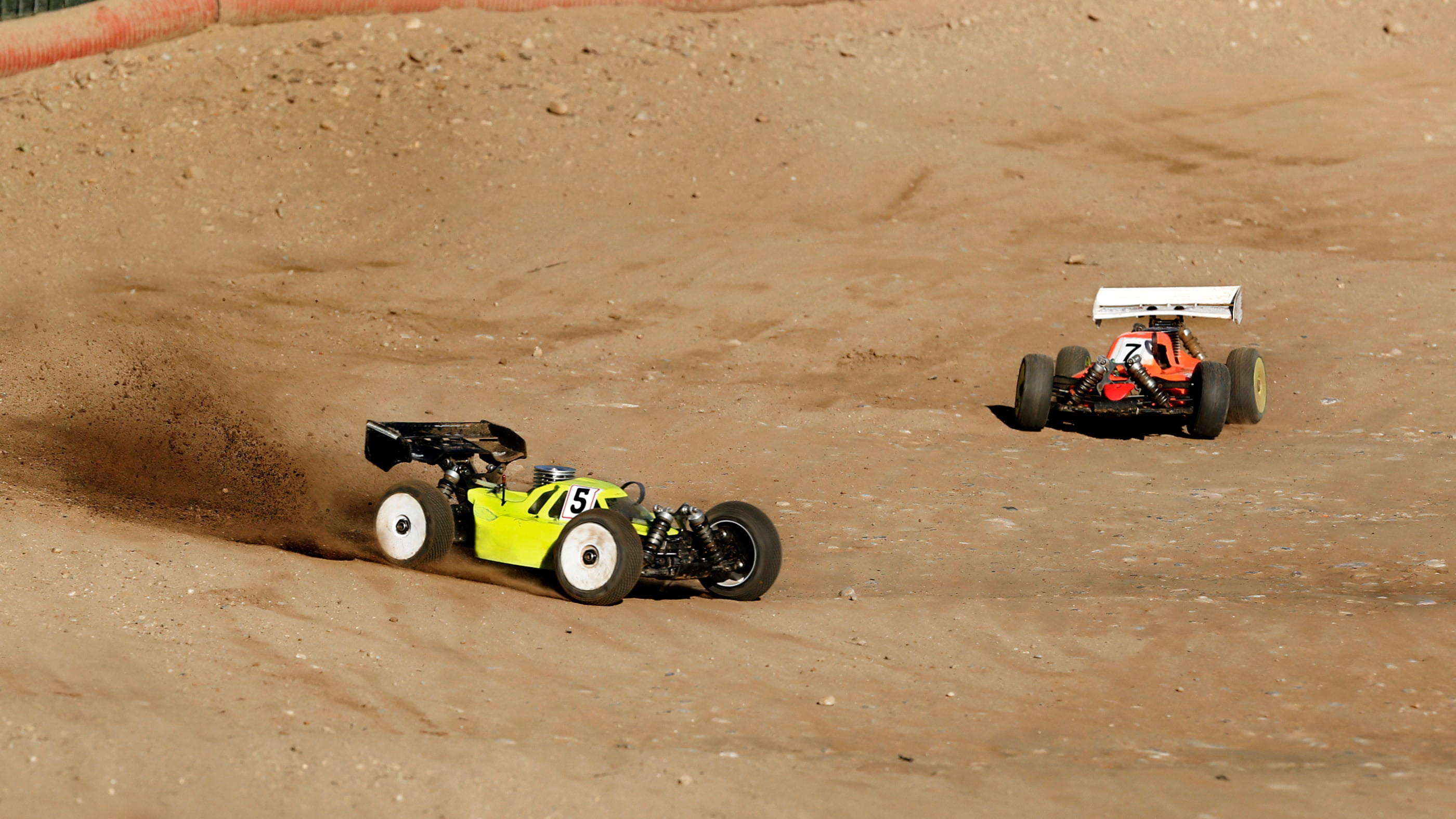
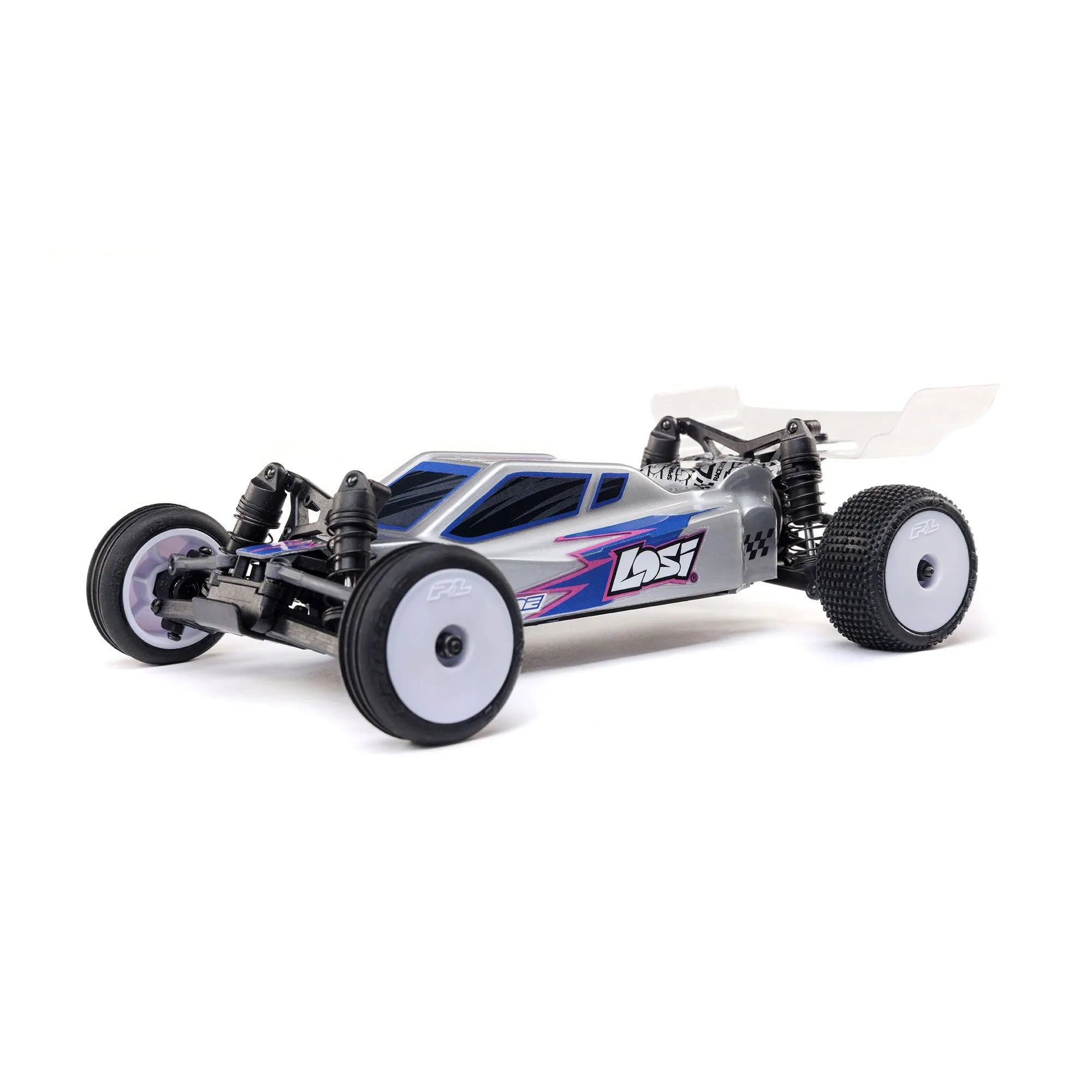
![Losi Mini-B 1/16 Brushless 2WD Buggy RTR - [Sunshine-Coast] - Losi - [RC-Car] - [Scale-Model]](http://techtonichobbies.com.au/cdn/shop/files/Losi-mini-b-brushless-yellow-and-red-rc-cars-sunshine-coast.jpg?v=1717388061&width=1024)
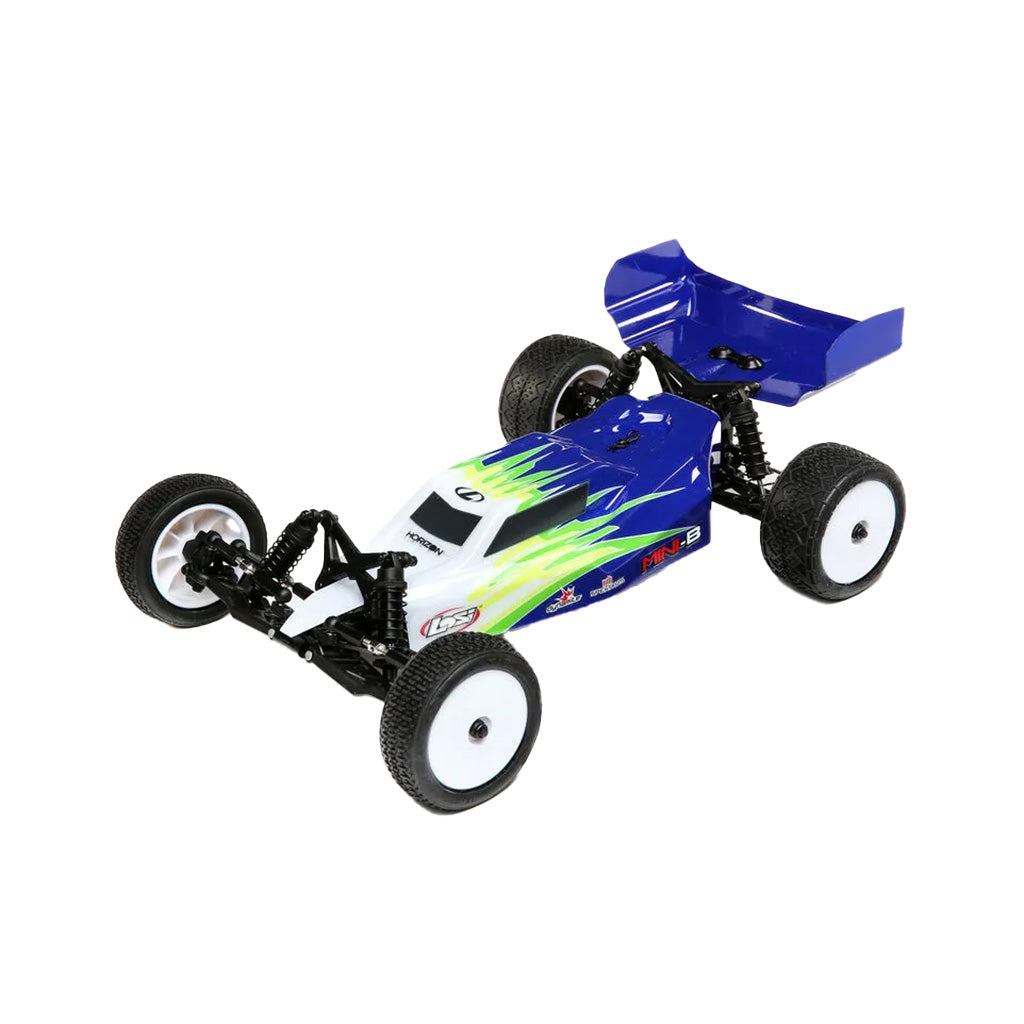
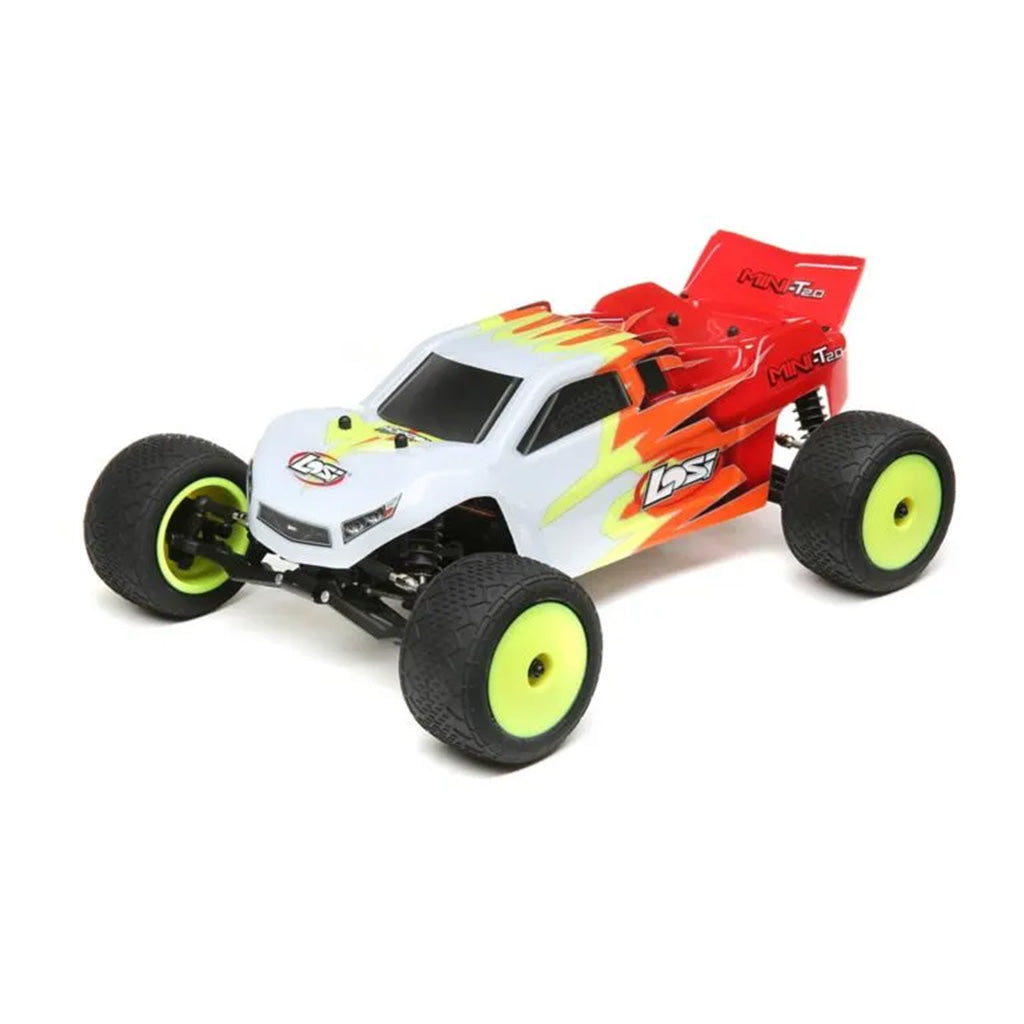
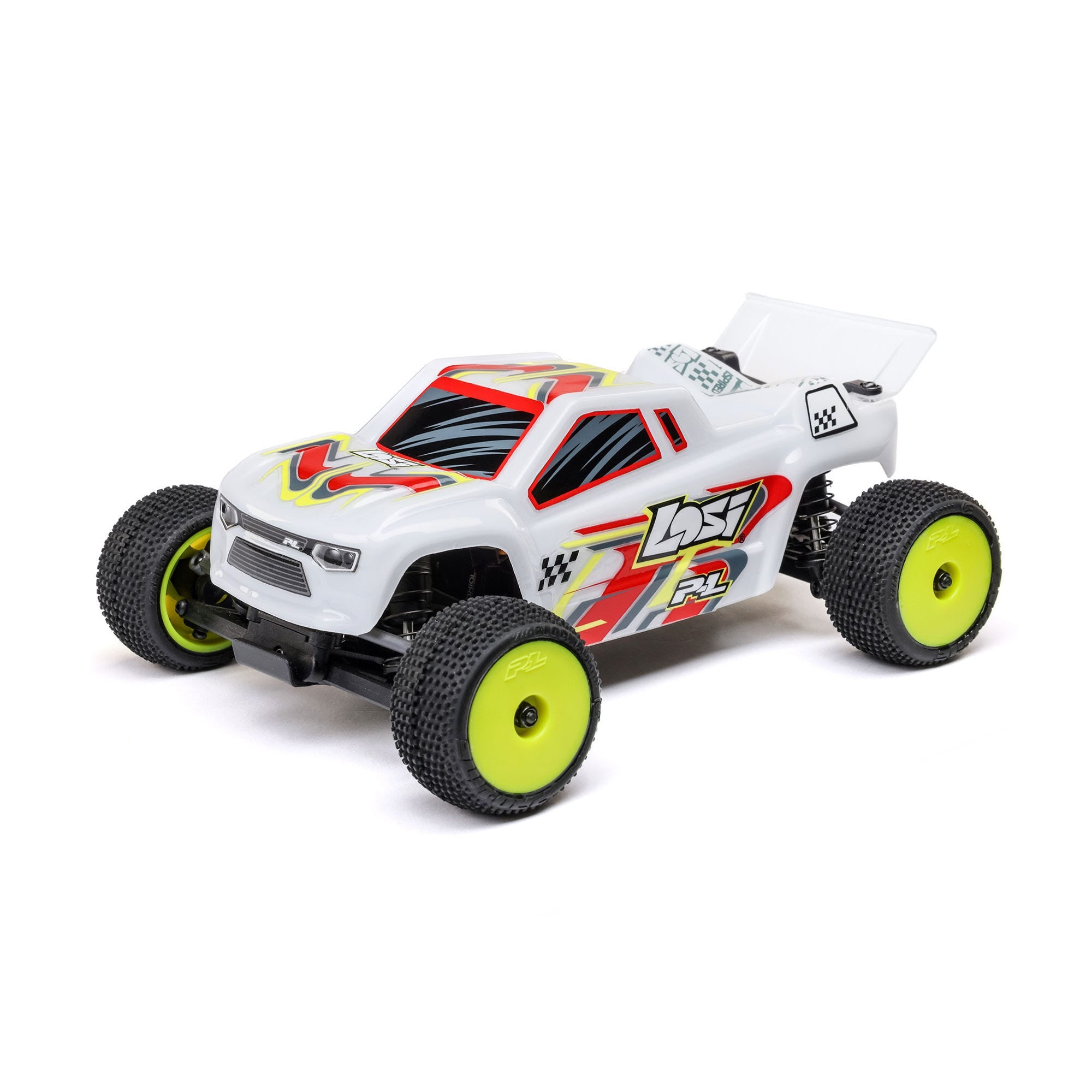
![Losi Mini-B Pro 1/16 2wd Buggy, Rolling Chassis - [Sunshine-Coast] - TLR - [RC-Car] - [Scale-Model]](http://techtonichobbies.com.au/cdn/shop/files/los01025_1.jpg?v=1731657173&width=700)
![Losi Mini T 2.0 Brushless V2 Stadium Truck, RTR (Red OR Blue) - [Sunshine-Coast] - Losi - [RC-Car] - [Scale-Model]](http://techtonichobbies.com.au/cdn/shop/files/LOS-1056T1_A14_D62UA3AK.jpg?v=1726809608&width=1600)
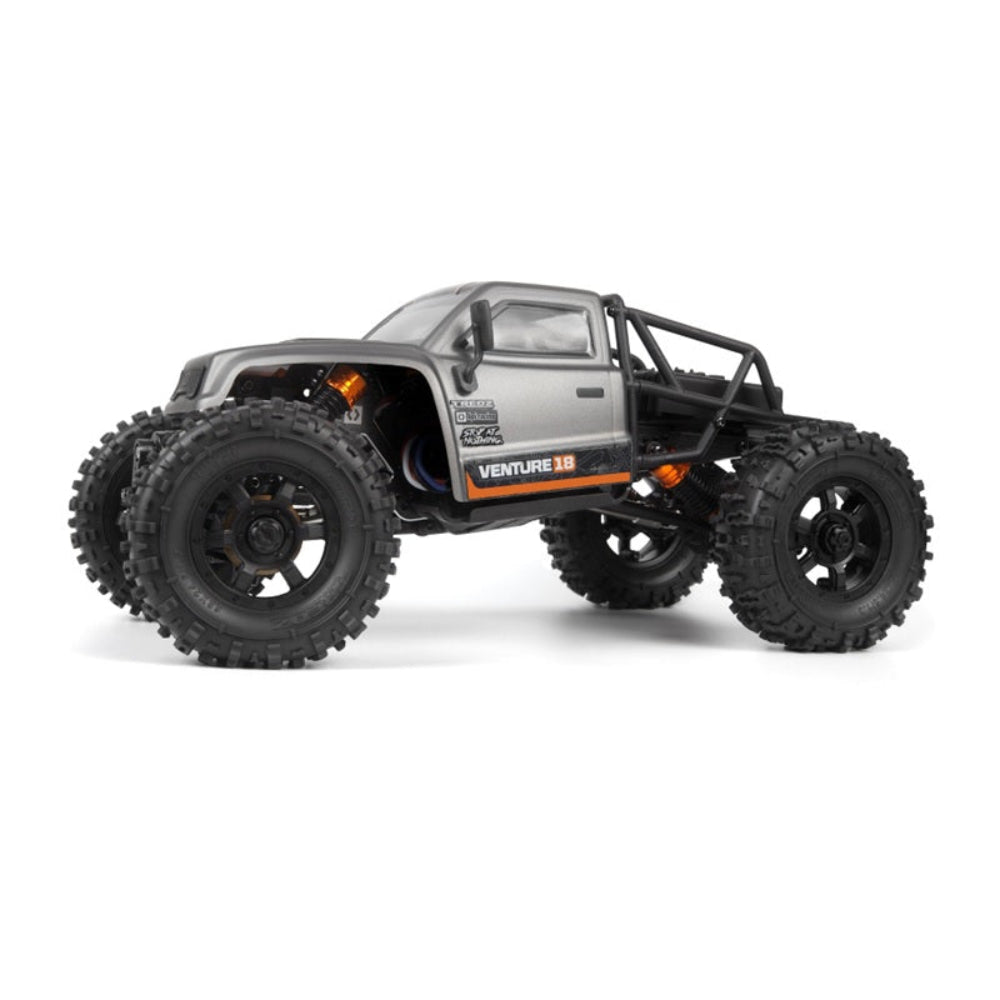
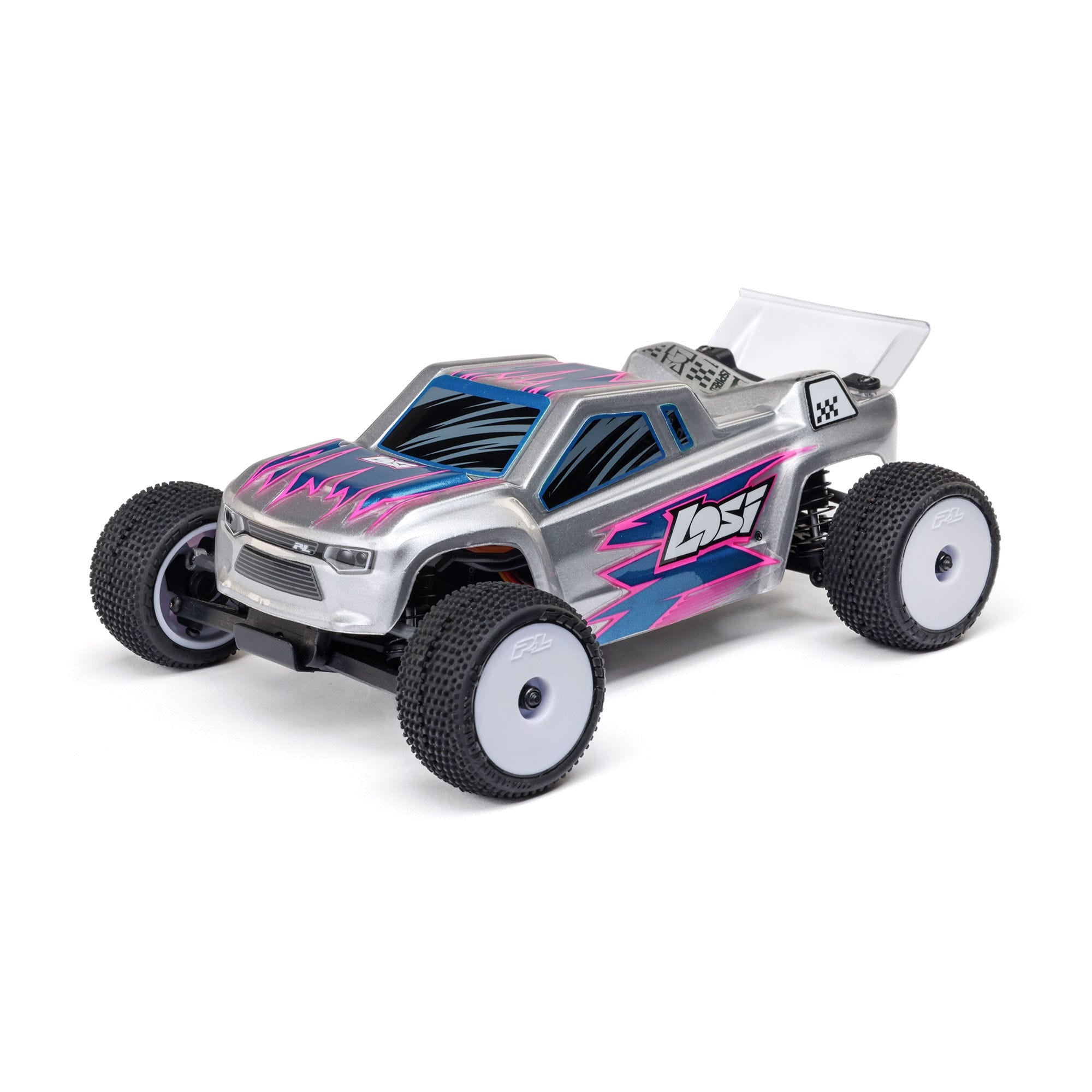
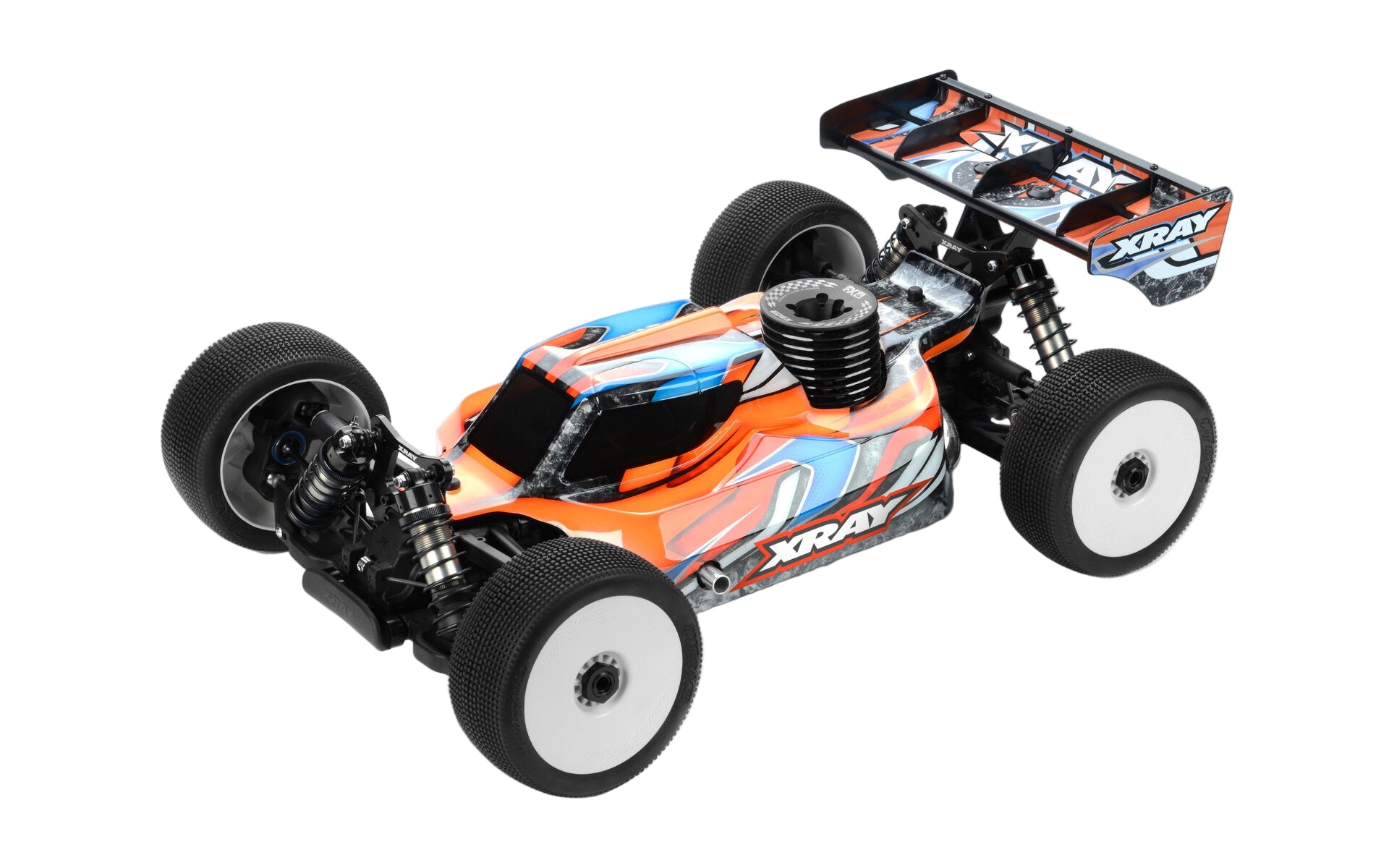
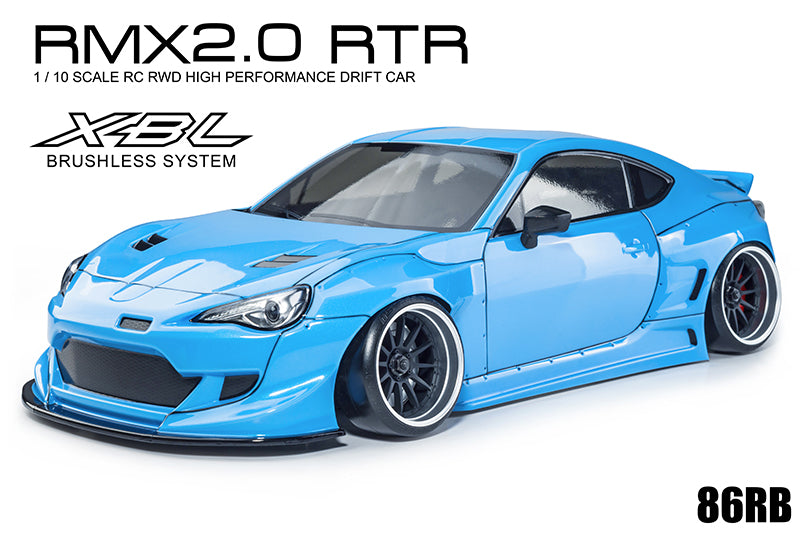
![Team Associated RC10T Classic Kit - Limited Edition! - [Sunshine-Coast] - Team Associated - [RC-Car] - [Scale-Model]](http://techtonichobbies.com.au/cdn/shop/files/1__96623.webp?v=1743486500&width=1280)
![RC10 Classic 40th Anniversary Kit - [Sunshine-Coast] - Team Associated - [RC-Car] - [Scale-Model]](http://techtonichobbies.com.au/cdn/shop/files/3qr-RC20-40yr_lg.jpg?v=1743485023&width=1280)
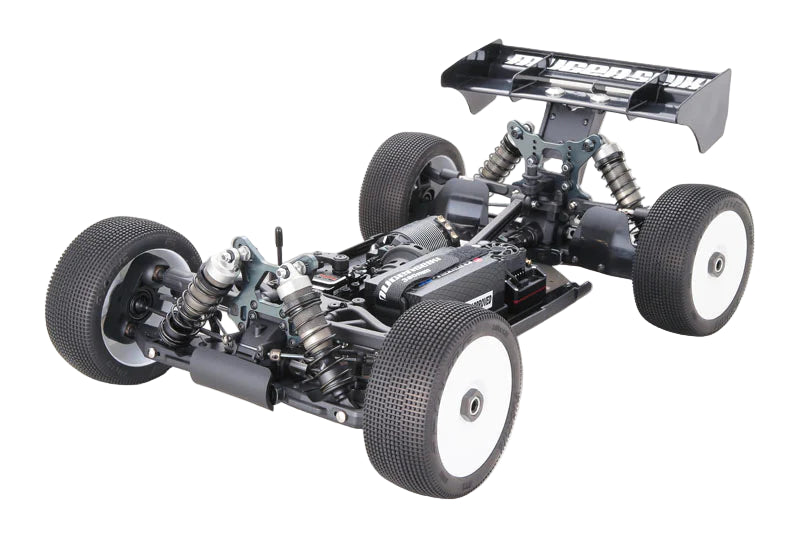
![Team Corally - SBX-825 - 7075 Edition - 1/8 Racing Buggy - Kit - [Sunshine-Coast] - Team Corally - [RC-Car] - [Scale-Model]](http://techtonichobbies.com.au/cdn/shop/files/C-00150-A.webp?v=1743728406&width=1280)
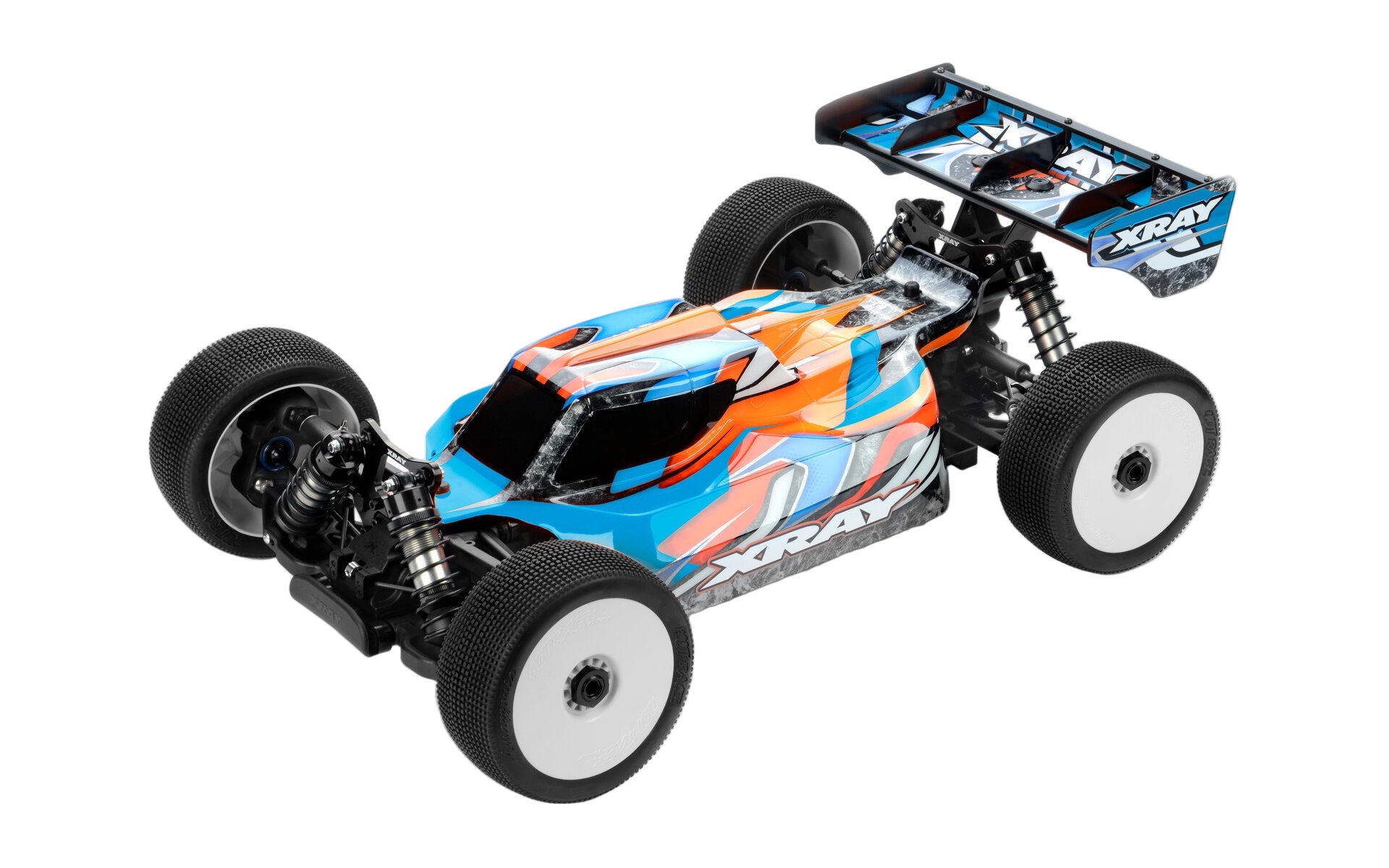
![HPI WR8 Flux 1996 Ford Escort RS Cosworth NEW!!! - [Sunshine-Coast] - HPI - [RC-Car] - [Scale-Model]](http://techtonichobbies.com.au/cdn/shop/files/160558_01.jpg?v=1742869458&width=2400)
![Reflex 14B Gamma RTR (Requires battery & charger) - [Sunshine-Coast] - Team Associated - [RC-Car] - [Scale-Model]](http://techtonichobbies.com.au/cdn/shop/files/ASS20179_c9eb5aa7-d8ff-4e49-a940-f969d8b98523.jpg?v=1743485710&width=1280)
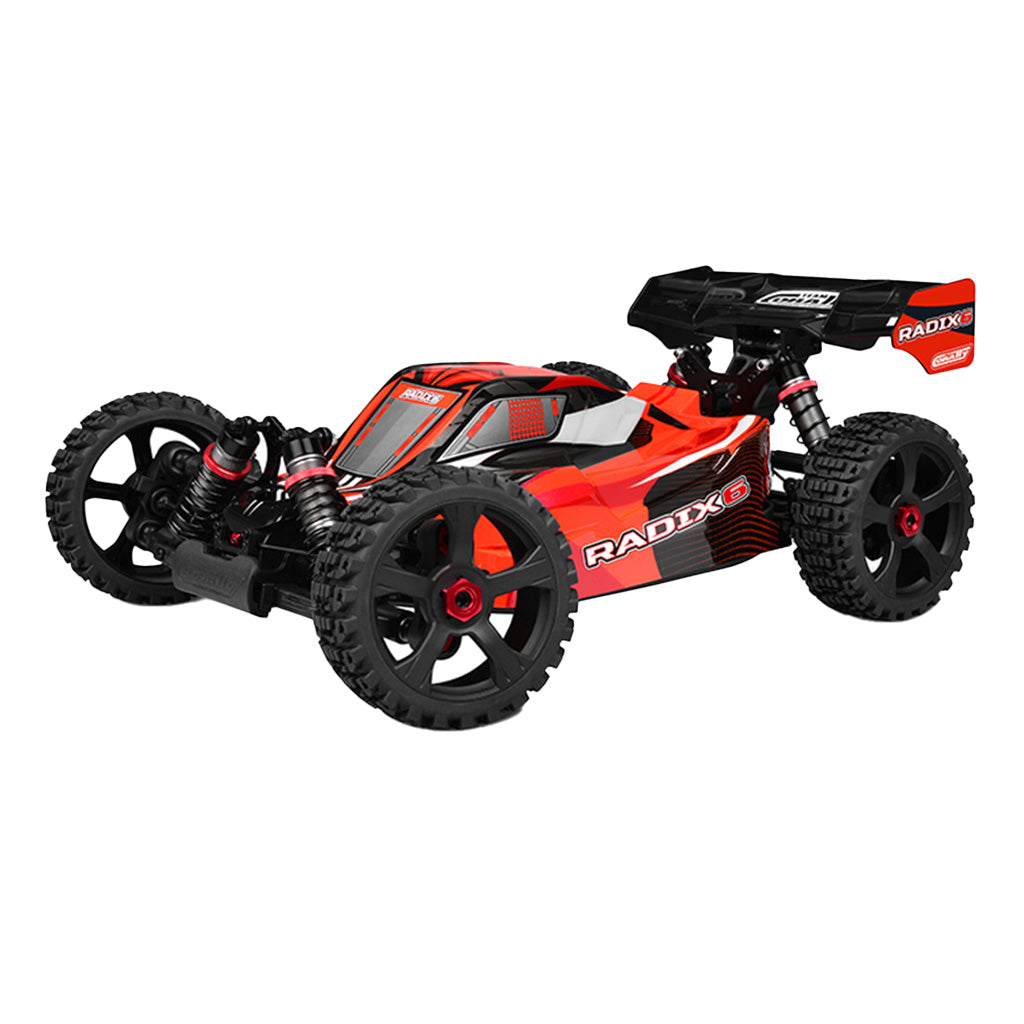
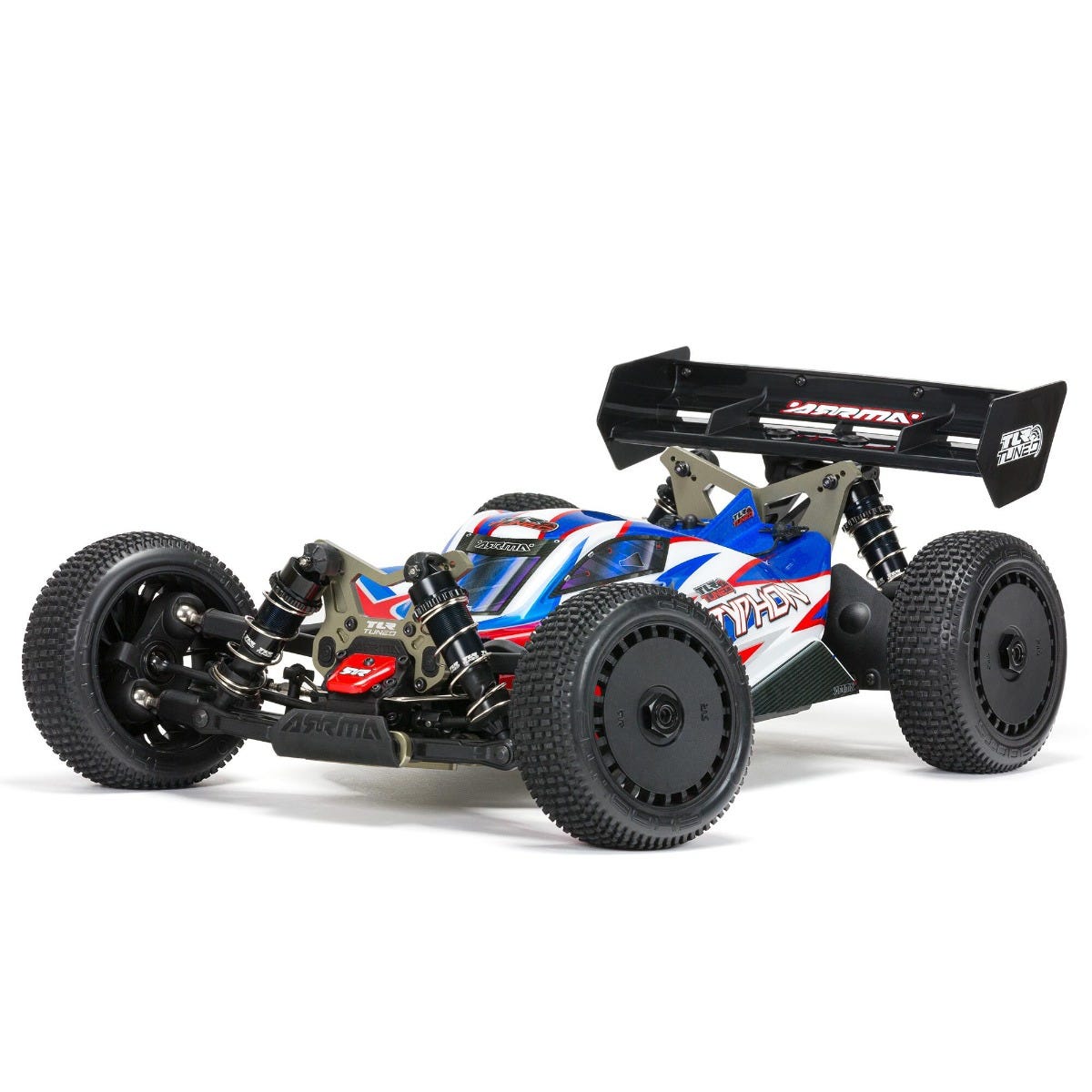
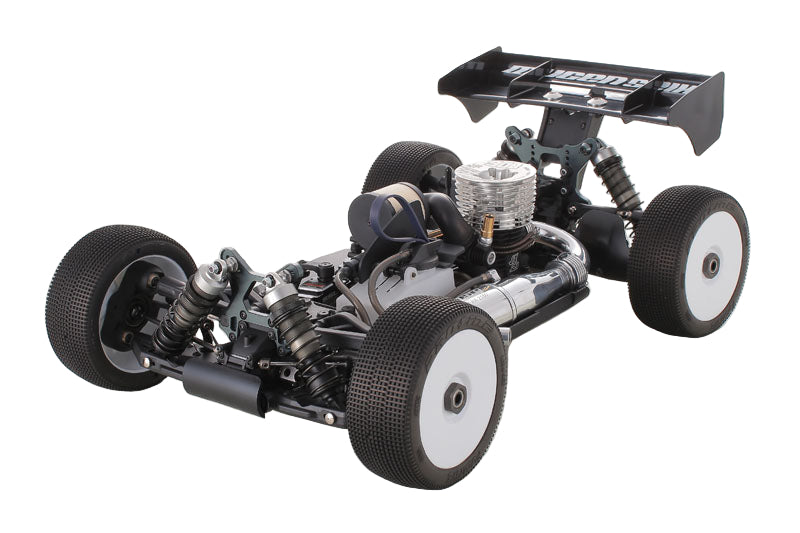



![HPI WR8 3.0 1996 Ford Escort RS Cosworth NITRO! - NEW!! - [Sunshine-Coast] - HPI - [RC-Car] - [Scale-Model]](http://techtonichobbies.com.au/cdn/shop/files/HPI-160557.jpg?v=1742872821&width=1600)
![Schumacher Cougar LD3 1/10 2WD Competition RC Buggy Kit NEW! - [Sunshine-Coast] - Schumacher - [RC-Car] - [Scale-Model]](http://techtonichobbies.com.au/cdn/shop/files/k209_10.jpg?v=1709805034&width=1024)
